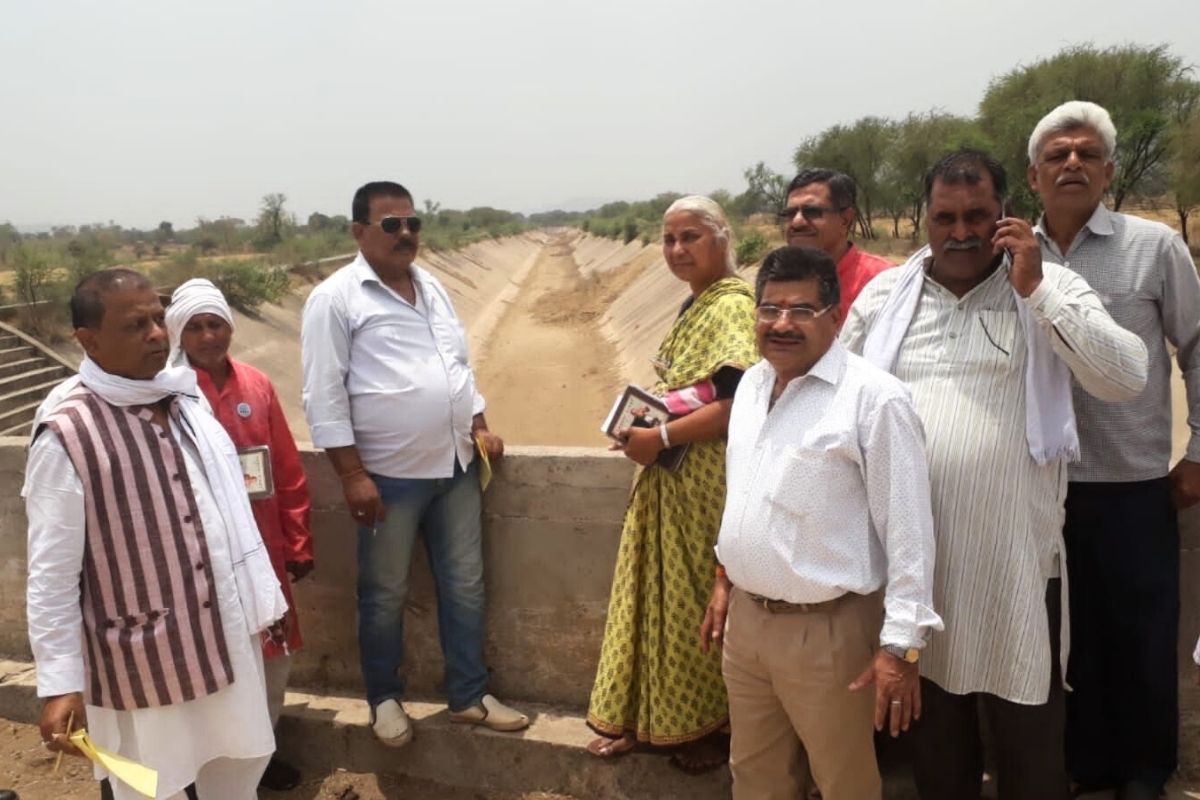A new study found that looking at water bodies like lakes, streams or pools for a couple of minutes can induce a relaxation response, lowering blood pressure and heart rate, according to the study published in Science Direct, provides evidence for the calming effect of being near water.
The study by researchers at the University of California, Davis was conducted in two parts. In the first part, 32 participants had their blood pressure and heart rate measured while fixating on a swimming pool, a tree in a parking lot, and a street sign for 1 minute and 40 seconds each. The results showed that viewing the pool lowered systolic blood pressure by about 10 mm Hg compared to the sign, and heart rate was also lower.
Study examined nature’s relaxation effects
A study by a UC Davis psychologist found that viewing water outdoors can lower blood pressure and heart rate, and have psychological benefits. In one study, participants who looked at a swimming pool for 1 minute and 40 seconds had lower blood pressure and a lower average heart rate than those who viewed a tree or a street sign. 73 participants walked along a 1.62 km path, stopping at six sites to view the water or adjacent ground for 1 minute and 40 seconds while their blood pressure, heart rate, and subjective relaxation ratings were measured.
As per the study, on average, both systolic blood pressure and heart rate were significantly lower when participants viewed the water compared to the ground behind them across all six sites. Participants also consistently rated themselves as feeling more relaxed when looking at the water.
The authors stated that these findings indicate that viewing water can affect autonomic tone, potentially accounting for the subjective rating of relaxation.
The physiological and psychological effects were most pronounced at sites with larger water bodies like small lakes than narrower stream sections. Viewing wider water induced a larger drop in blood pressure and higher relaxation scores than the constricted streams.
The researchers noted that while the protocol enforced alternating short viewing periods, the cumulative effects of glancing at water could create a similar relaxation response and physiological changes in real-world scenarios like strolling by a lake or creek.
“Our results showed that participants’ blood pressure, heart rate and feelings of relaxation changed positively within a minute or two of viewing water. This study supports incorporating bodies of water into urban environments and open spaces to promote healthy physiological responses in residents,” the author said.
Nature exposure reduces stress levels
In another study, participants had lower blood pressure and heart rate when they looked at a waterway at the UC Davis Arboretum than when they looked at the ground next to it. The study also found that participants reported feeling more relaxed when looking at the ground next to wider parts of the waterway. However, the study also found that these cardiovascular and psychological benefits are only temporary.
The findings add to existing research on the benefits of exposure to nature and water features. Experts have long advised spending time outdoors surrounded by greenery to reduce stress and promote well-being.
This study provides strong physiological data showing the relaxation effects of brief water viewing. The researchers suggest that these responses may be underlaid by an evolutionary preference and innate bias for recognizing water sources due to their life-sustaining properties.
“The successful detection of drinking water in arid environments was critical for human survival over our evolutionary history. Signs of water would have generated relief and physiological changes associated with quenching thirst. This could help explain why modern humans feel relaxed when looking at water bodies.”
Next time you feel stressed or anxious, head to a park with a lake or stream. Looking at the water for a few minutes could lower your blood pressure, calm your heart rate, and induce relaxation. This study shows that humans feel more at ease in the presence of water.
Follow Ground Report for Environmental News From India. Connect with us on Facebook, Twitter, Koo App, Instagram, Whatsapp and YouTube. Write us on GReport2018@gmail.com and subscribe our free newsletter.
Don’t forget to check out our climate glossary, it helps in learning difficult environmental terms in simple language.









